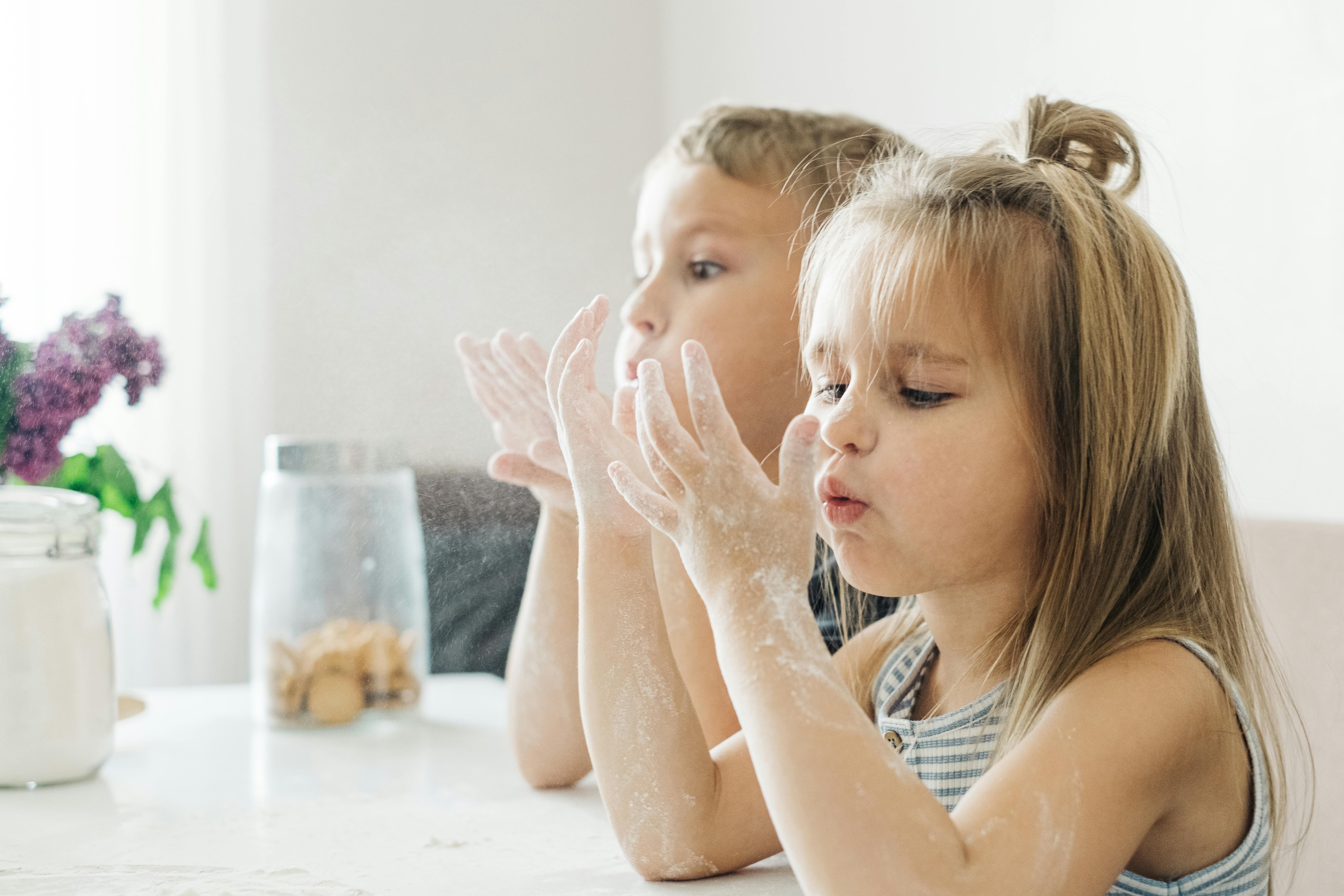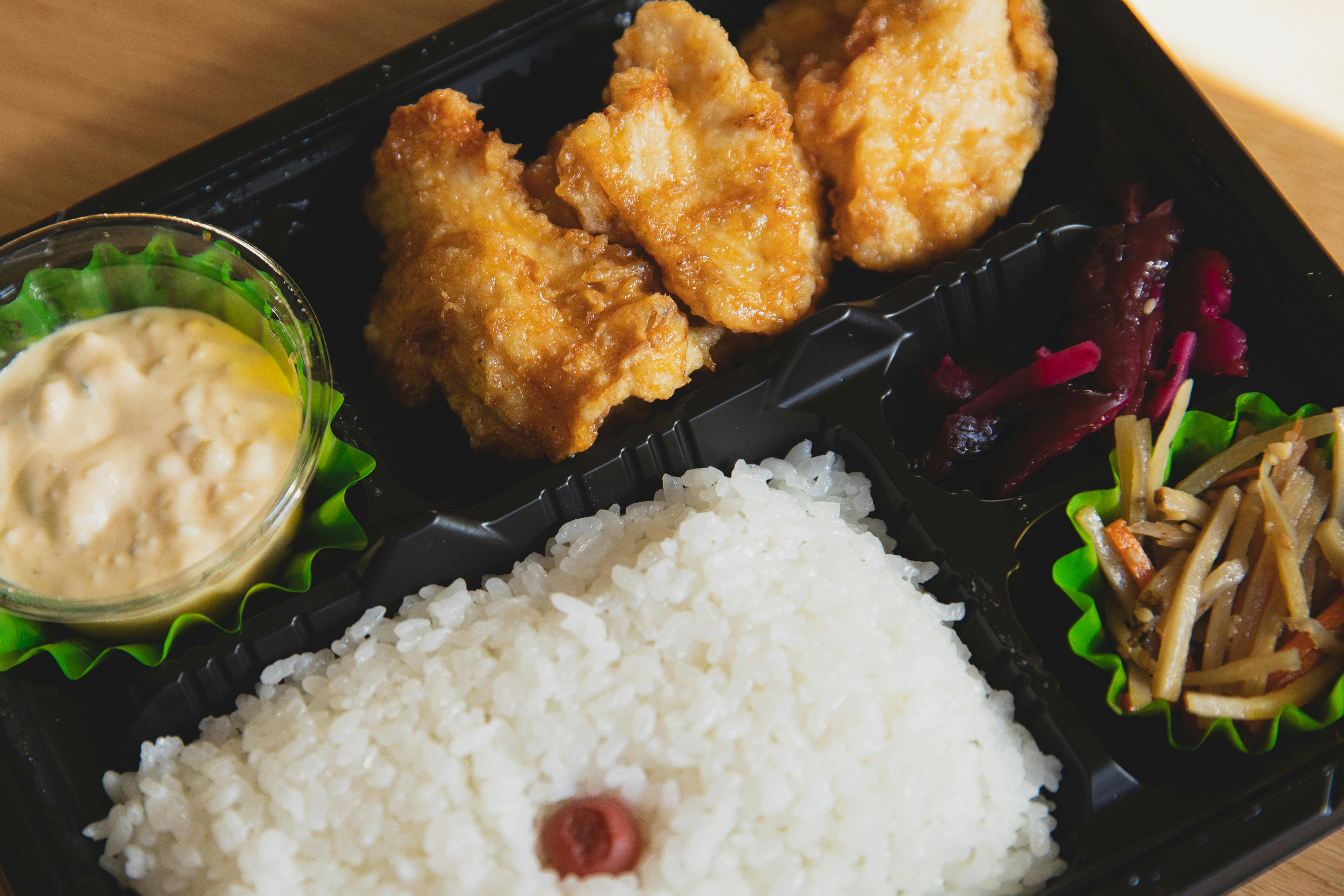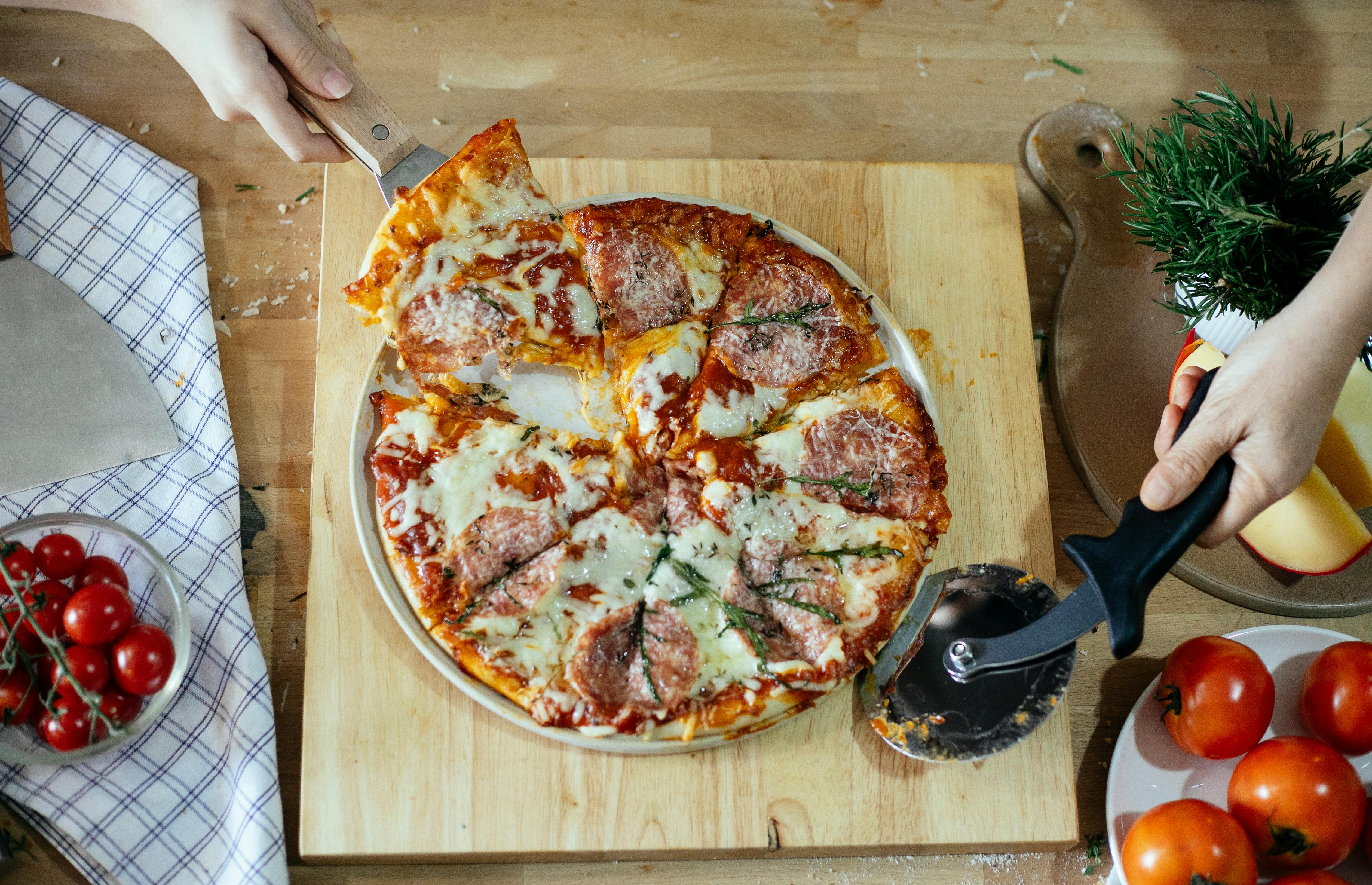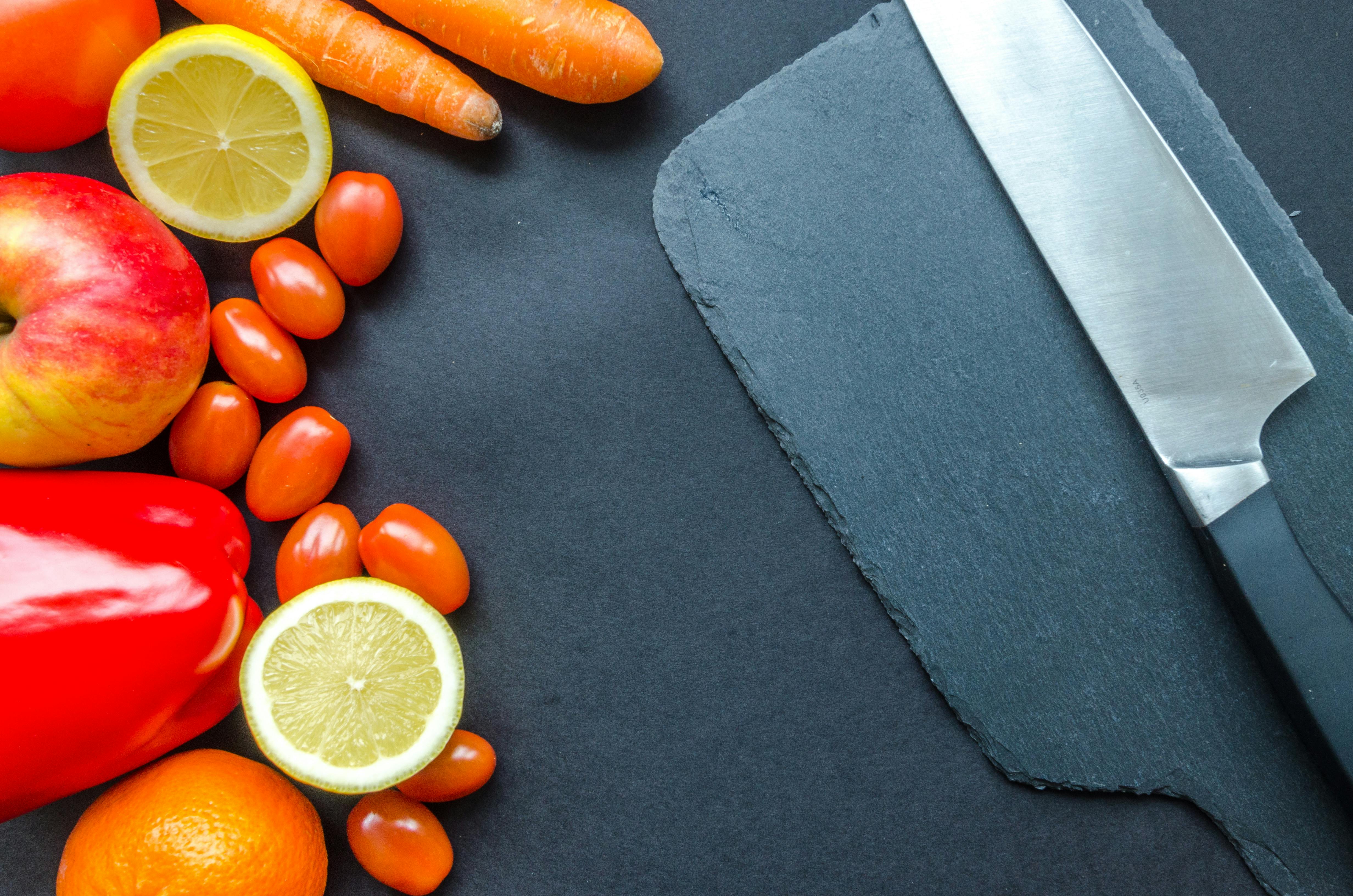Whether you live in the Western United States and have experienced fires and droughts, or on the East Coast and experienced hurricanes and floods, chances are you will experience one or more natural disasters in your lifetime. Being prepared won’t remove the test, but it will help you recover and keep you going until the damage can be restored again. There are three basic ways to prepare for a disaster.
1. SECURE YOUR HOME. You may not necessarily notice heavy vases stored atop kitchen cabinets, bookshelves in the study, or mirror glass in the hallway as potential hazards in your home, but during floods, tornadoes, hurricanes, or earthquakes, these items could cause injury. Securing heavy furniture to the walls could prevent it from tipping over on someone. Tying the water heater to the foundation of the house will prevent it from falling and the pipes from breaking. If the water heater is damaged, the gas could leak and valuable water could be emptied. You can take an inventory of every room in your home to see how to protect yourself from storms and keep your family safe. Remove heavy items from the upper shelves and place them on the lower shelves. Install latches on cabinets that contain glassware and secure pictures, mirrors, and other wall hangings with earthquake-proof hooks. Keep shoes or slippers near your bed. If disaster strikes overnight, you may need to access them immediately to protect your feet from potential broken glass or sharp metal. Also, keep a flashlight in an accessible spot in each room to use as a light source.
2. STORE FOOD, WATER AND EMERGENCY SUPPLIES. If disaster strikes, grocery stores will likely be out of action for a while. You may have to rely, for a while, on the food you have inside your house. Stock up on food your family loves and keep a few extra treats on hand to help provide comfort during a time of chaos or uncertainty. Store water in case your water supply becomes contaminated. Store enough to drink, as well as for hygiene and cooking needs. Also, keep first aid supplies on hand, as well as flashlights and batteries, extra blankets, cash, extra toiletries and feminine items, a manual can opener, and any other basic necessities you may have while sheltering in place. It would be a good idea to have a wrench to turn off utilities such as electricity and gas.
3. HAVE A FAMILY PLAN. Whether creating a fire escape plan or writing an evacuation strategy, create a family plan for any type of disaster. Review with your family the possible scenarios in each emergency. Set up thoughtful solutions that keep your family safe and help each other get in touch should you ever be separated. Have a meeting place to go to, or a primary contact person, such as grandparents or out-of-state relatives, to contact to report your individual status. Remember to keep pets in mind and discuss your family plan with family members often. Above all, believe that if you and your family are prepared, the hard times will last longer.




